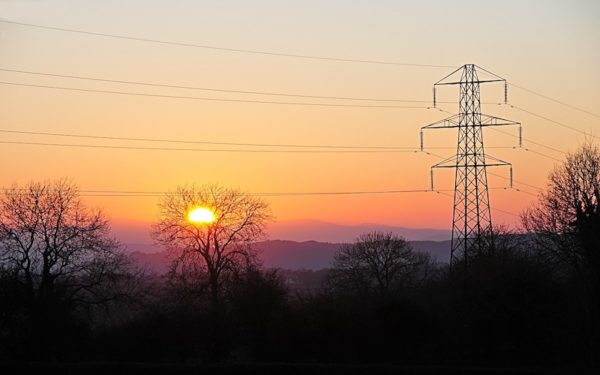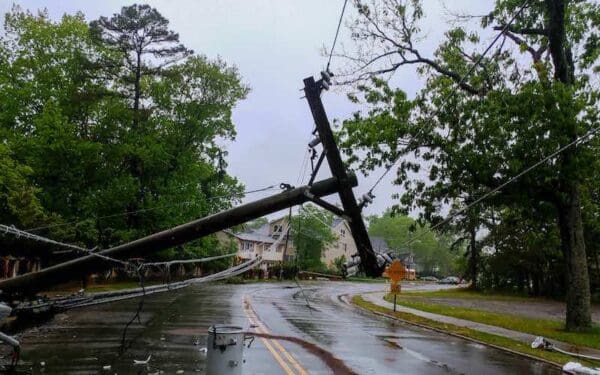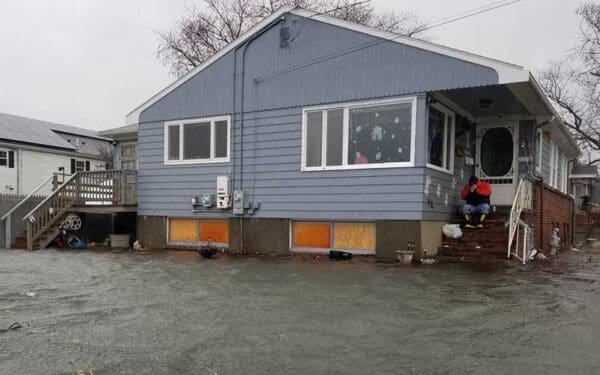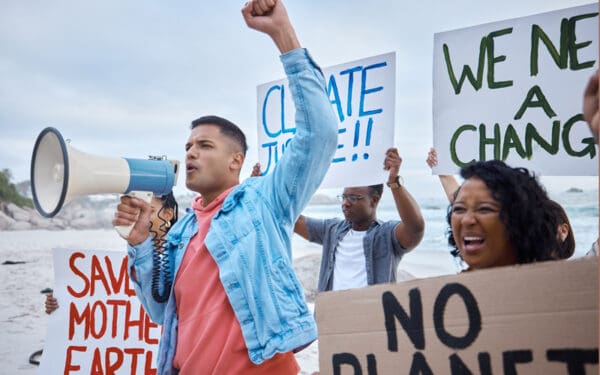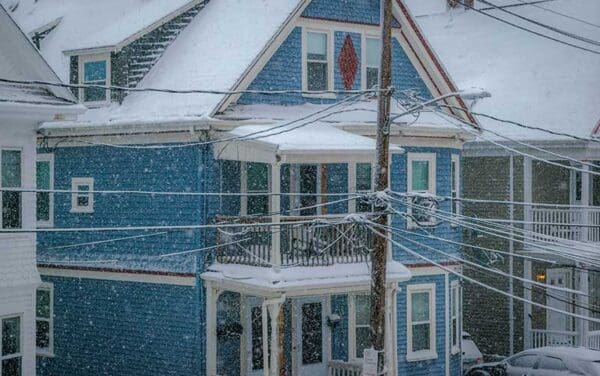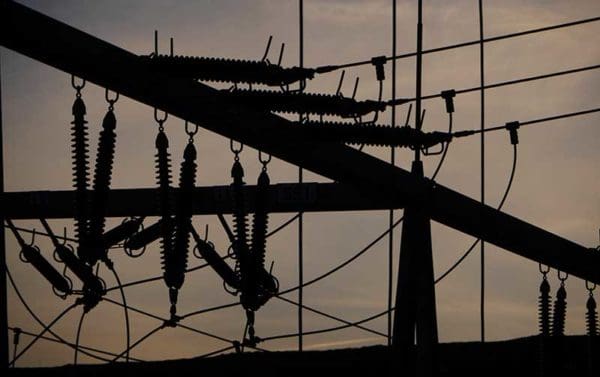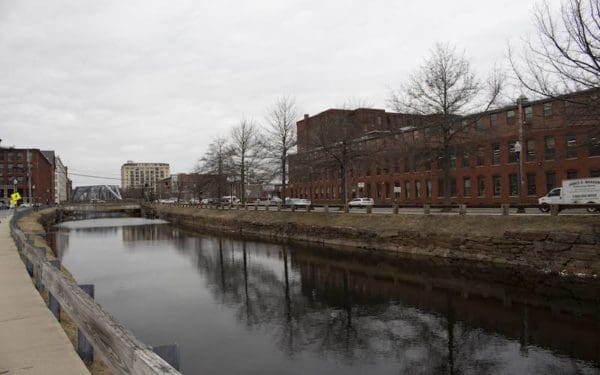The Massachusetts Climate Law is a Win for Utility Customers
The Massachusetts legislature passed, and Governor Maura Healey has signed, a climate law that may be the first step toward a clean, reliable, and economical grid that will be less prone to outages and more resistant to extreme weather.
